In response to concerns about the regulation on "temporary suspension of exit" from a number of businesses and taxpayers, the General Department of Taxation has just released information to clarify this issue.
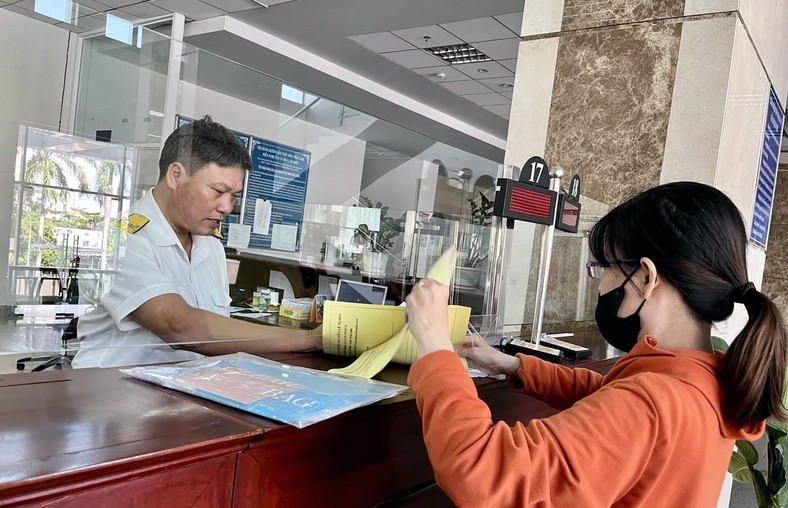
The tax sector acknowledged that there were many opinions from businesses and taxpayers that there were shortcomings in implementing the measure of temporarily suspending exit. Typically:
Firstly, when temporarily suspending the exit of the legal representative, there are conflicting opinions that the legal representative may be just an employee, not the owner or shareholder of the enterprise.
However, the General Department of Taxation argues that, according to the provisions of the current Enterprise Law, the legal representative of an enterprise is an individual who represents the enterprise in exercising the rights and obligations arising from the enterprise's transactions, and represents the enterprise in exercising the rights and obligations as prescribed.
Considering which subject is actually responsible for the debt, whether it is the legal representative or the owner or the shareholder... is the content that needs to be considered and researched.
Second , according to current regulations, there are no specific regulations on the level of tax debt (threshold) subject to temporary exit suspension during the process of implementing temporary exit suspension.
Citing the provisions of Decree 126, which allows the head of the tax administration agency to decide on the application of temporary exit suspension measures for each specific tax debt case, the General Department of Taxation also promises to absorb and focus on research, reporting to competent authorities on the appropriate tax debt threshold for each tax debtor in applying temporary exit suspension measures.
Third , enterprises and taxpayers believe that the regulations on subjects temporarily suspended from exiting the country are not considered to be favorable for enterprises and taxpayers facing temporary financial difficulties. This is the concern of many enterprises and taxpayers and they hope that the State will consider amending and supplementing them to suit the reality.
In response to this opinion, the General Department of Taxation replied that it will review regulations on subjects subject to temporary suspension of exit and related regulations to ensure fairness and support for taxpayers in difficulty to maintain production and business activities.
From the end of 2023 to September 2024, the tax authority has collected VND 1,844 billion from 2,873 taxpayers who are temporarily suspended from leaving the country. This does not include the tax debt that the tax authority has collected from taxpayers who proactively paid when they were not temporarily suspended from leaving the country.
To strengthen tax debt management, on September 23, the General Department of Taxation issued an official dispatch directing the Tax Departments of provinces and centrally-run cities to focus on implementing 11 groups of solutions to collect tax debts, while ensuring that data on temporary exit suspension is updated on the system for taxpayers to look up on the industry's website and on the eTax and eTax Mobile applications.
Legal basis for implementing temporary suspension of exit The tax authority is implementing measures to temporarily suspend exit in accordance with the legal provisions in 4 legal documents. Specifically: 1. Article 36 of the Law on Exit and Entry of Vietnamese Citizens No. 49/2019/QH14 dated November 22, 2019; 2. Article 28 of the Law on Entry, Exit, Transit and Residence of Foreigners in Vietnam No. 47/2014/QH13 dated June 16, 2014; 3. Clause 12, Article 3; Article 66; Clause 7, Article 124 of the Law on Tax Administration No. 38/2019/QH14 dated June 13, 2019; 4. Clause 2, Clause 3, Article 21 of Decree No. 126/2020/ND-CP dated October 19, 2020 of the Government guiding the Law on Tax Administration. Accordingly, cases of temporary suspension of exit include: Individuals, individuals who are legal representatives of taxpayers who are enterprises that are subject to forced enforcement of administrative decisions on tax management and have not fulfilled their tax payment obligations; Vietnamese people leaving the country to settle abroad, Vietnamese people settling abroad, foreigners who have not fulfilled their tax payment obligations before leaving Vietnam. |

Don't let businessmen arrive at the airport and find out they've been delayed in their departure.
"If there were adequate notices and warnings, few people would trade their reputation to delay paying a few million dong in taxes," the expert said.

General Department of Taxation leaders: Do not rigidly postpone the exit of tax-indebted businessmen
According to the General Department of Taxation, temporary suspension of exit is not the most 'strong' measure in tax debt collection. In the implementation process, tax authorities also base on the actual situation and do not apply it rigidly and widely.
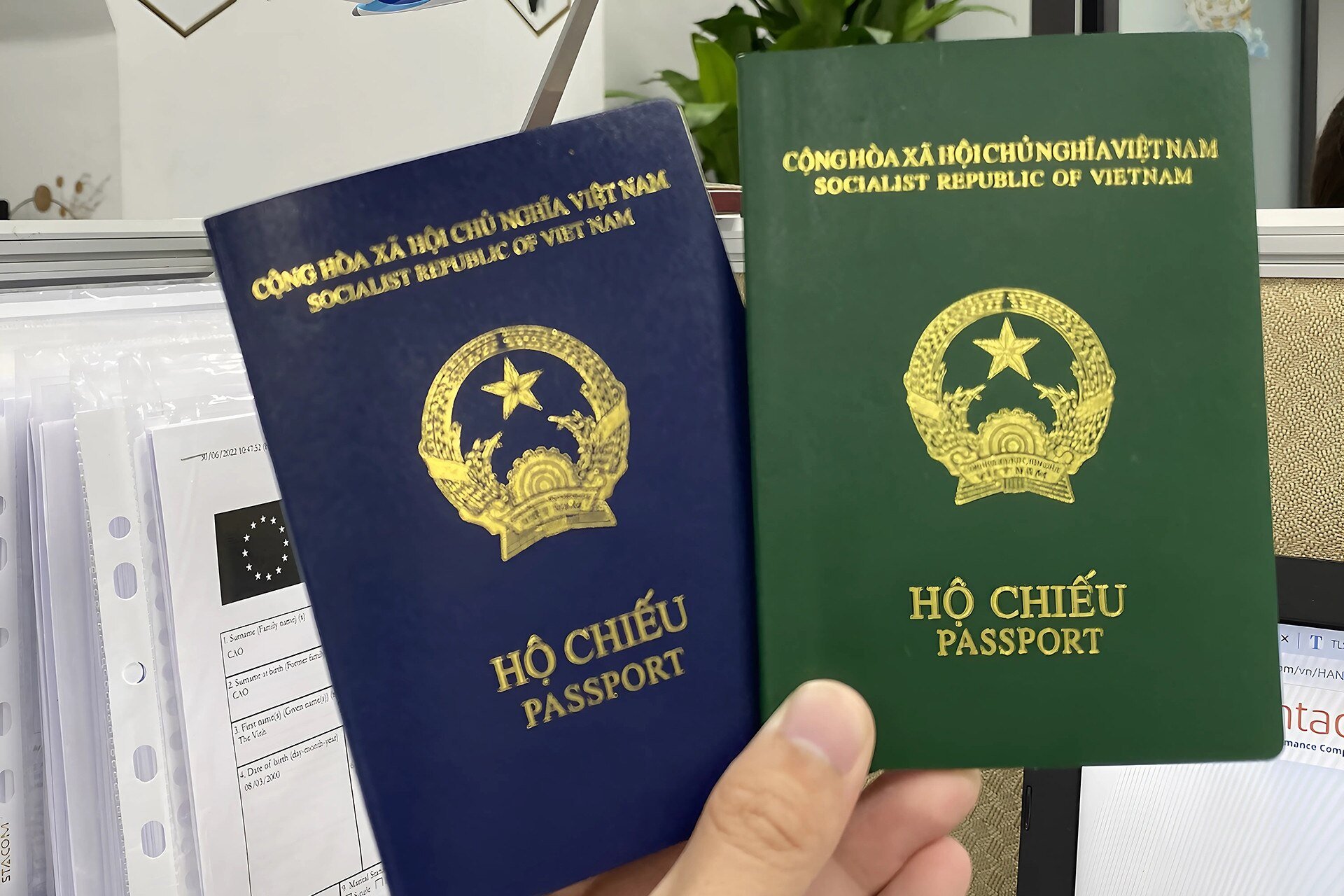
Businessman delayed from leaving the country due to debt of several million or billions: 'I don't joke about my business'
“Under normal health conditions, no one wants to owe taxes to the point of being temporarily suspended from leaving the country. Enforcing invoices is already torture for businesses,” a business representative shared.



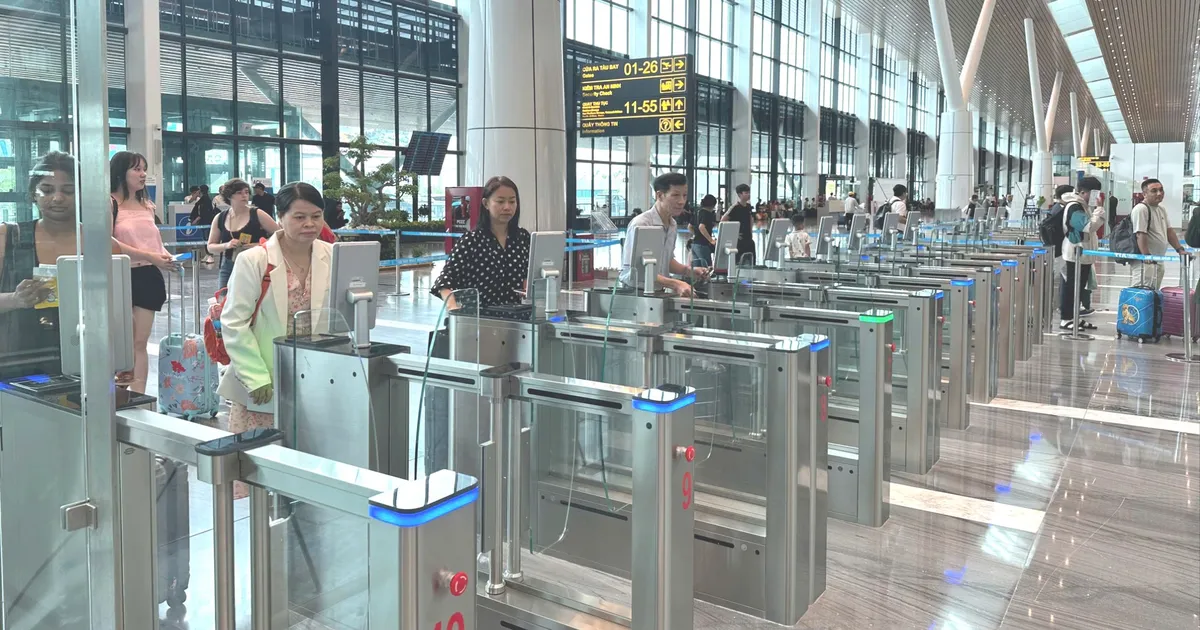
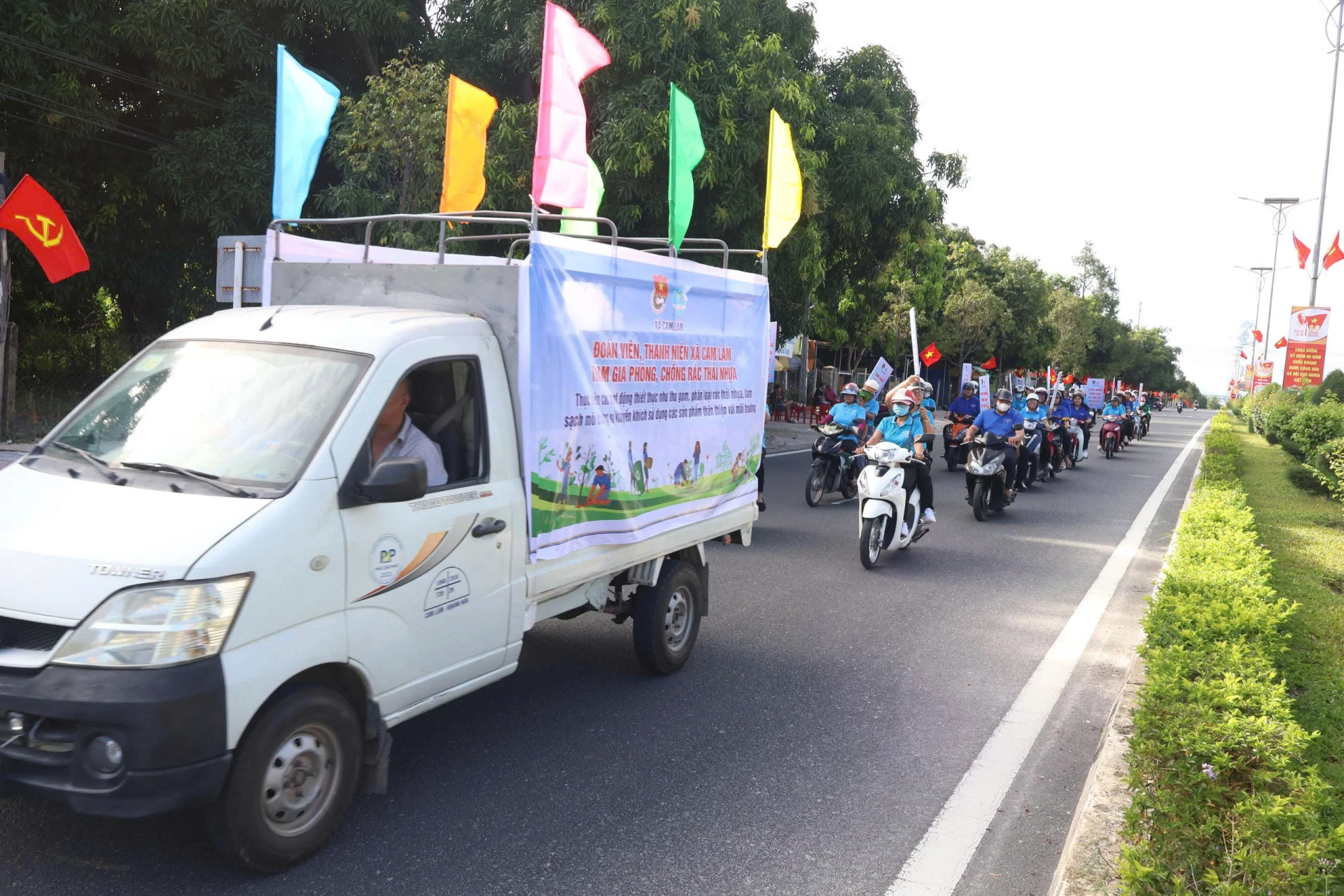



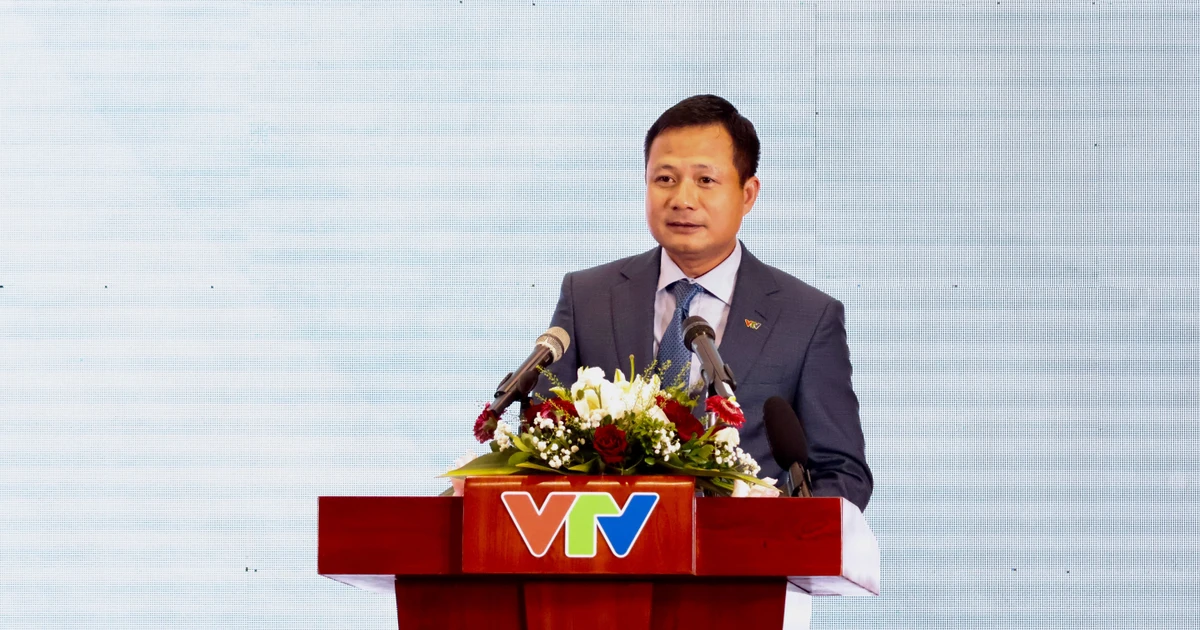























































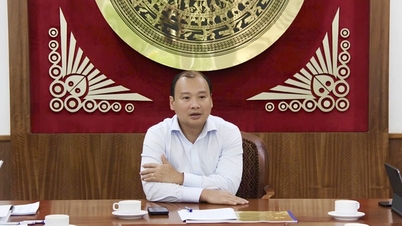

































Comment (0)